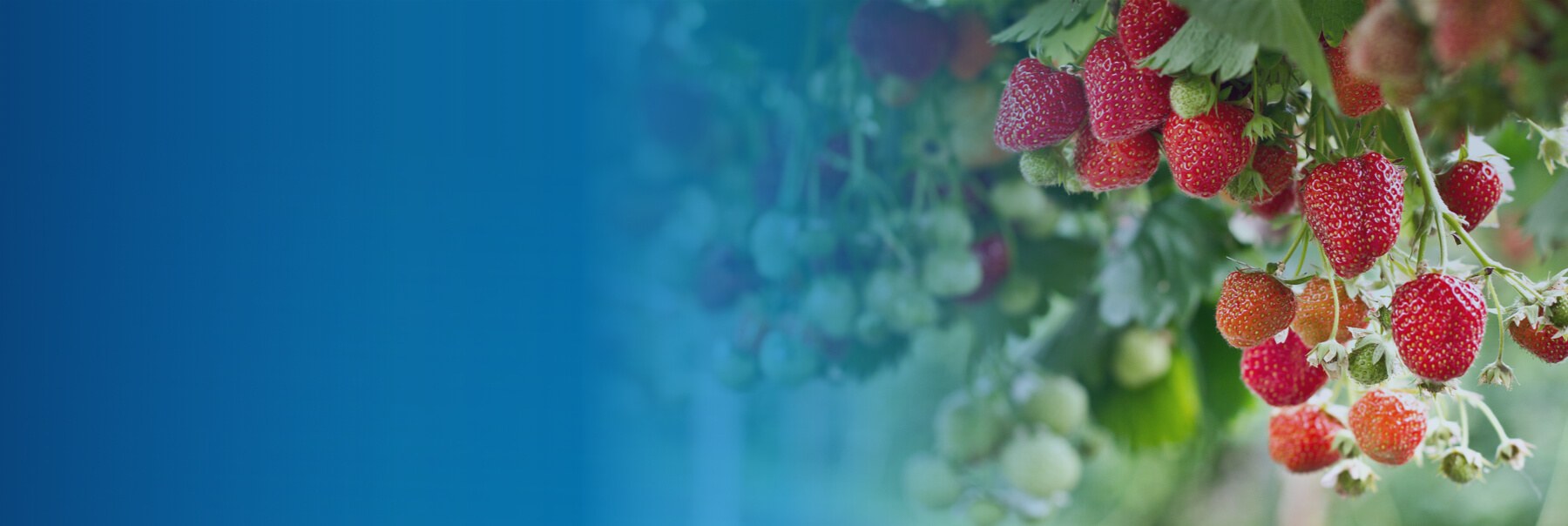Marion is Managing Director of Hugh Lowe Farms Ltd, which farms 750ha and produces around 5,000 tonnes of strawberries and 1,000 tonnes of raspberries and blackberries under tunnels and glass on 170ha. A family business established in late Victorian times, HLF primarily grows in Kent and Marion took over the business from her father in 1996.
One business success
- This year we have produced a substantial proportion of our own fruit plants, either grown from runner tips or modules or propagated under licence. Having a reliable source of disease-free, quality plants with strong yield potential is key to our production planning and mitigates the risks to the business of importing plants from overseas given uncertain supply chains, exchange rates and plant health regulations.
Two challenges for the sector
- All input costs are rising, especially labour, driven by regulation and especially the shortage of people interested in or able to do seasonal agricultural work. We continue to innovate through varietal improvement, automation, and development better-growing systems to enhance productivity, but inevitably our costs of production continue to rise without a concomitant increase in price, and business growth is restricted by the lack of labour.
- Crop protection is becoming ever more challenging given climate change-related weather uncertainties, and the arrival of alien pests and pathogens. We need rapid approval of novel biological controls and other critical crop protection products.
Three forecasts for the sector
- Strawberry prices will eventually increase but maybe not before standards have first dropped, prompting disappointed customers to bring pressure on retailers to lift the eating quality and environmental credentials of their offers. Clear provenance labelling may become more important.
- Imports will increase as some berry production becomes unprofitable, and so some environmental problems such as unsustainable water footprints or elevated GHG emissions will be exported to countries with lower costs and lower standards, not helping the sector’s drive towards sustainability or ethical responsibility.
- Robotics and automation will have a commercial impact sooner than first thought - most probably beginning with applications such as pruning, data collection, pot handling and packing, but developing harvesting robots will continue to be the big prize attracting outside investment.
October 2021
